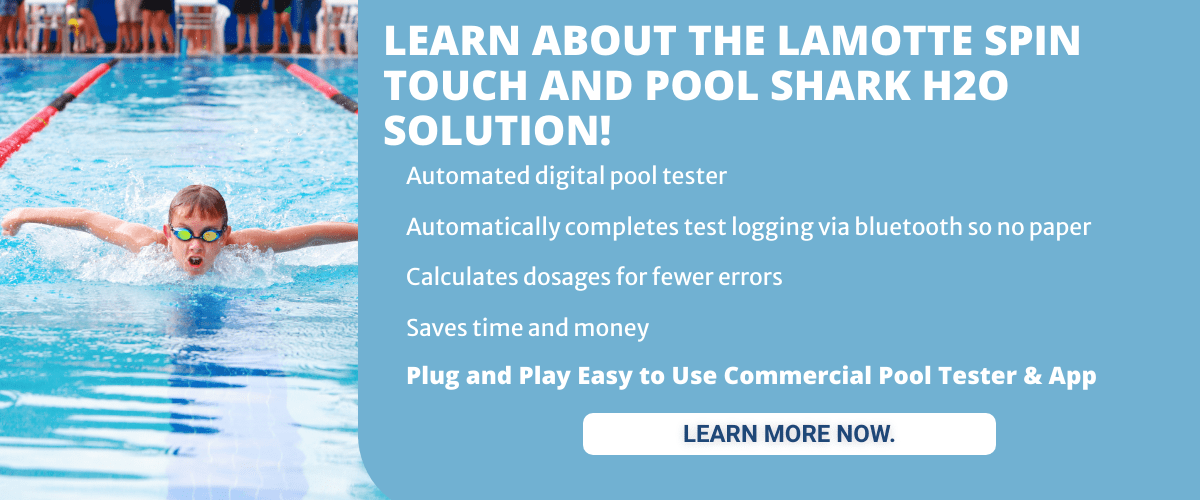
We hear a lot about phosphates. “They are not a problem”, “They are a problem”. The truth is, they are only a problem when they are a problem. I know this doesn’t sound helpful, so let’s delve in a bit more, shall we?
What Are Phosphates in Swimming Pool Water?
Phosphates come from anything organic. They are, for the most part, naturally occurring in your swimming pool water. Some things that contribute to phosphates are leaves and foliage debris, pollen, dust, runoff from fertilizer and even your source water may come chock-full of phosphates. There are also some products we may add for maintenance, such as certain scale removers, that have phosphates as the main ingredient.
Why Do We Care About Phosphates in Pools?
Phosphates are food for algae. It has also been said that they can eat up your sanitizer as it tries to break down leaves and previously mentioned contaminants. As long as your water is balanced and you have the proper amount of sanitizer and circulation (This includes a clean filter) you shouldn’t be getting algae. Using your Pool Shark H2O app to test regularly will help prevent algae. But what if things get off balance and you have a ton of phosphates? Basically, you will have a Las Vegas Buffet laid out for your algae bloom to feast on. This is when phosphates are really a problem.
The Importance of Testing Pools for Phosphates
If you are wise enough to have paired your Pool Shark H2O app with its best friend, The Lamotte Spin Lab, you have the option of including a spin disc that tests your phosphate levels. Other methods would require a phosphate test strip. Whether or not we “believe” in the evil of phosphates, testing your swimming pool water for the knowledge of ALL fields makes an educated swimming pool operator.
Phosphate Prevention
The market is full of phosphate products. Some keep low phosphates low, while others reduce higher level phosphate levels. I am a firm believer in phosphate preventative maintenance. If you have no food source for algae, guess what? It cannot bloom.
You can also use preventative products such as algaecide to help combat any algae blooms in which phosphates would become an issue. The best advice is to test your swimming pool water often to ensure proper sanitizer levels and other fields are balanced. The Pool Shark H2O app makes testing your water easy.
Whether you are manually entering your test results or using the spin lab, Pool Shark H2O will utilize the Langelier Saturation Index to help you make the necessary adjustments for the overall balance of your water. The LSI will tell you if your pool water is neutral, scale forming or corrosive. Testing methods other than the Pool Shark H2O App will just give you the results, leaving you scrambling for your CPO course book for the formula to adjust. Why make life harder?
Swimming Pool Algae Blooms
The number one reason to even care about testing for phosphates is to prevent algae blooms. Algae blooms cost money. From closing your body of water, expensive algae treatments, and in a worst-case scenario, having to drain the pool completely. This causes aggravation for your clients, your boss, and you.
If only we had no phosphates to feed such a bloom! Test, test test! Test for all fields and I implore you to include phosphates as part of your testing procedures. It will save you time and money! With the Pool Shark H2O App, testing and dosing is easy and hassle-free. Unlike an algae bloom! I encourage you to look into the Lamotte Spin Lab as a partner as the results and dosing are sent right to your device. Work smart, not hard.
See you poolside!
More Commercial Pool Chemistry Resources
Free, vs Combined vs Total Chlorine - A Guide for Commercial or Public Pool Operators
Chlorine Shock vs Non-Chlorine Swimming Pool Shock
Why Being Able to Calculate the Volume of a Commercial or Public Swimming Pool is Important
Cyanuric Acid Levels in Swimming Pools
Ideal Alkalinity in Commercial Pools
Managing pH and Alkalinity in Pools
Commercial Pool Chlorine Management
Cyanuric Acid in Your Pool Too High? How to Remove Cyanuric Acid (Lower Pool Stabilizer)
Lowering Alkalinity in Swimming Pools
Reasons Your Public or Commercial Pool Water Could Be Cloudy
Muriatic Acid in Swimming Pools



